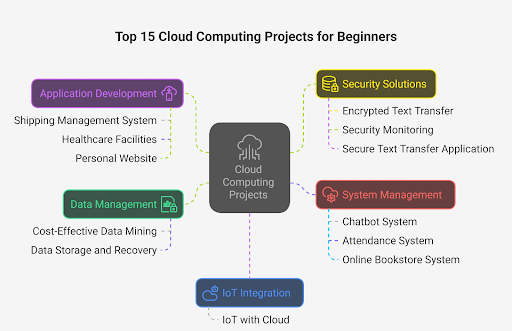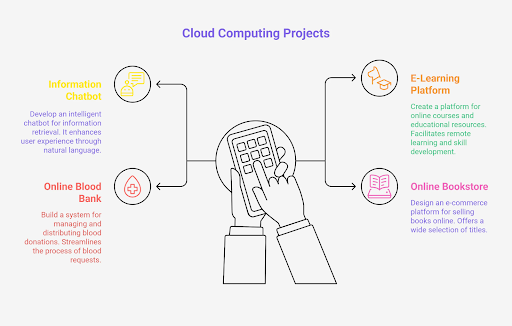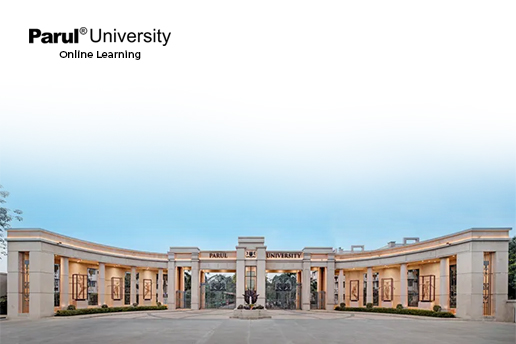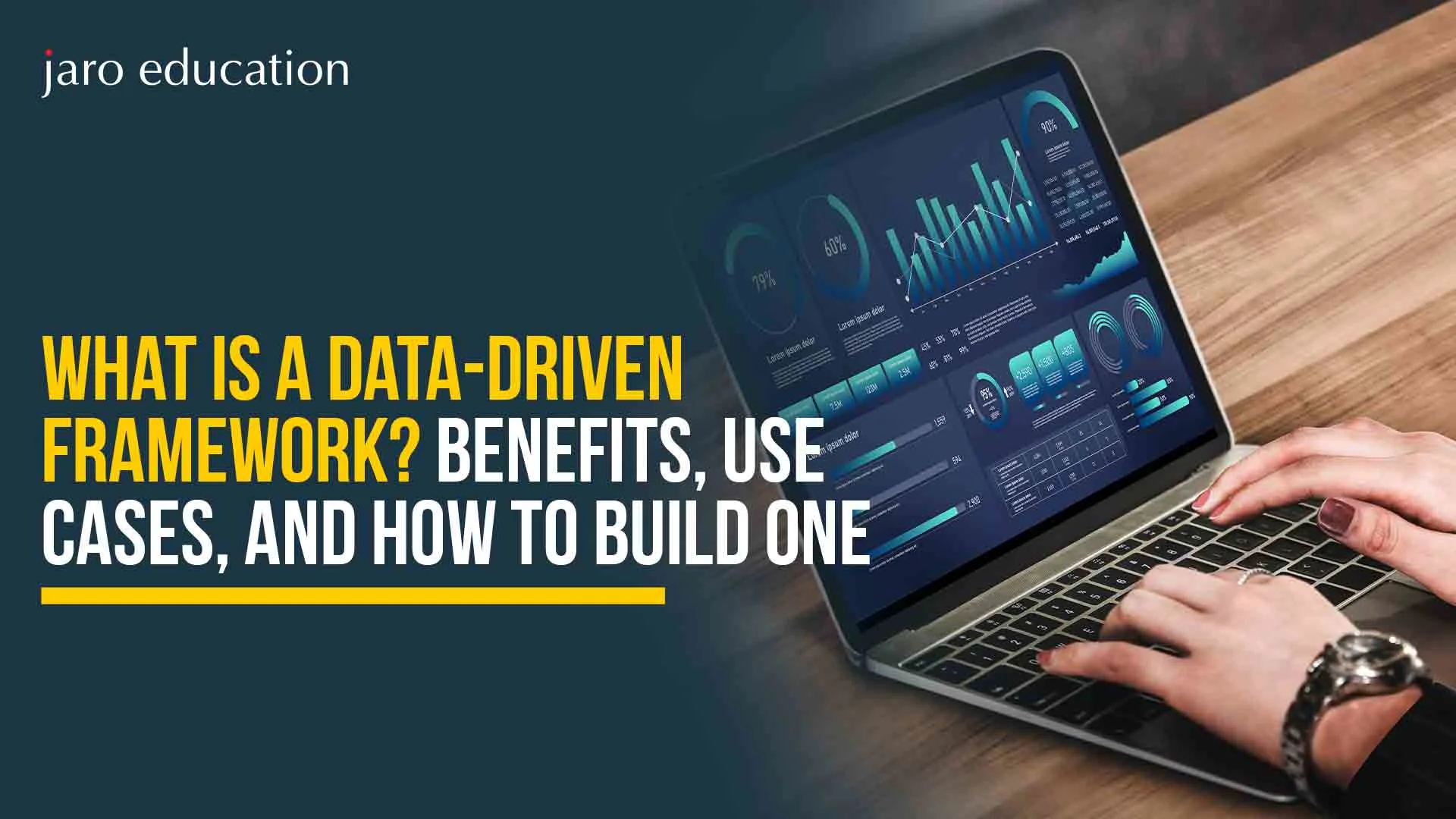Top 12 Cloud Computing Projects For All Levels
Table of Contents

The tech industry has been evolving faster than ever in recent years. And one of the developments among the vast changes is that cloud computing projects are not limited to academic exercises but are also a proof of capability.
In fact, industry data shows that over 94% of enterprises now use some form of cloud service. The statistic is enough to emphasize the significance of cloud computing projects in the job market.
But to demonstrate these practical, implementation-ready skills, when to begin, and what kind of projects would be the most impactful for employers?
Well, sit back and relax, this blog will answer all your doubts and confusions. We have outlined twelve cloud computing project topics organised by skill level, from beginner-friendly cloud computing mini projects to complex, enterprise-grade builds.
What’s noteworthy is that each of these project suggestions includes its relevance, tools, and potential learning outcomes. So, be assured that by reading this, you can select the cloud computing projects that not only match your current capabilities but also advance your long-term goals.
The Value of Building Cloud Projects
Before exploring the list of cloud computing projects, you must know why these projects matter so much in the real world, and this section explains that briefly.
In hiring scenarios, recruiters and interviewers rarely rely on certifications alone. They want evidence of applied skills, basically a portfolio and outcomes that you have obtained.
The cloud computing projects act as proof that you can work with the complexities of live environments, security policies, service limitations, and integration challenges.
Here’s how practical cloud computing projects help you:
- Strengthen problem-solving skills by working through real deployment issues.
- Demonstrate versatility by integrating multiple services and tools.
- Showcase portfolio-ready work to employers, clients, or academic assessors.
- Build confidence for interviews and technical assessments.
Now that we know the basics of why cloud projects hold so much importance, let’s explore the diverse projects across all levels.
Beginner Cloud Computing Projects

*upgrad.com
If you are starting out, then mini cloud computing projects are the best in scope and also help build strong foundational skills. How? Well, because while working on these projects, you will be dealing with core cloud concepts, like storage, compute, networking basics, and basic security.
So, let’s start with the beginner cloud computing project ideas:
1. Cloud-Based File Storage Application
This cloud computing project topic is a simplified version of services like Google Drive. It teaches you how to manage storage and access controls.
Key Components:
- Storage: AWS S3, Google Cloud Storage, or Azure Blob Storage.
- Logic Layer: AWS Lambda or Azure Functions for handling uploads/downloads.
- Access Control: Basic IAM roles to restrict permissions.
- Skills Gained: Storage configuration, object management, basic serverless architecture.
2. Weather Data Web App
Next up, among the cloud computing mini projects is a web application that displays real-time weather updates using a third-party API.
Implementation Path:
- Deploy backend functions on AWS Lambda or Google Cloud Functions.
- Integrate OpenWeatherMap API for live data.
- Host the frontend using AWS Amplify or Azure Static Web Apps.
- Skills Gained: API integration, serverless hosting, and environment variable management.
3. Cloud Expense Tracker
A personal finance tool that stores transaction records securely in the cloud.
Tech Stack:
- Database: AWS DynamoDB or Firebase Realtime Database.
- Authentication: AWS Cognito or Firebase Auth.
- Hosting: Simple web app on AWS Amplify or Firebase Hosting.
- Skills Gained: Cloud database management, authentication integration, basic CRUD operations.
4. Lightweight Blog Hosting Platform
The best among the beginner cloud computing project topics is building and hosting a simple blog site from scratch.
Setup Example:
- Backend on AWS Lightsail (WordPress or custom CMS).
- Media files are stored in S3 with a CDN for faster delivery.
- Skills Gained: Virtual machine management, static asset optimisation, CDN configuration.
Intermediate Cloud Computing Projects

*upgrad.com
These cloud computing projects require a working knowledge of cloud services and introduce automation, integrations, and some scalability considerations.
5. Multi-Cloud Backup System
Design a backup process that stores data across two providers, for example, AWS S3 and Azure Blob Storage.
Why It Matters: Many enterprises use multi-cloud strategies to mitigate downtime risks.
Skills Gained: Cross-platform API usage, data replication automation, cost optimisation.
6. Cloud-Hosted AI Chatbot
Create a chatbot that processes user queries using natural language processing and is hosted entirely on the cloud.
Stack Example:
- NLP: Dialogflow, Amazon Lex, or Azure Bot Service.
- Hosting: AWS EC2 or Azure App Service.
- Optional Integration: Connect with Slack or Microsoft Teams.
- Skills Gained: AI service integration, deployment pipelines, conversational flow design.
7. IoT Device Data Dashboard
Stream data from IoT sensors to a central dashboard hosted in the cloud.
Tools:
- Data Ingestion: AWS IoT Core or Azure IoT Hub.
- Visualisation: AWS QuickSight, Google Data Studio, or Grafana.
- Skills Gained: Real-time data streaming, IoT security policies, dashboard design.
8. Serverless Image Processing Pipeline
Automate image transformation tasks (resize, compress, filter) on upload.
Workflow:
- Image upload triggers a cloud function.
- Function processes the image and saves output to a separate storage bucket.
- Skills Gained: Event-driven architectures, image manipulation APIs, cost-efficient automation.
Advanced Cloud Computing Projects
For experienced learners or professionals, advanced cloud computing projects mirror enterprise-level complexity and often involve high data volumes or multi-layered integrations.
9. Real-Time Big Data Processing on AWS
Build a pipeline that ingests, processes, and stores high-velocity data streams.
Stack Example: AWS Kinesis, AWS Lambda, and AWS Redshift.
Skills Gained: Stream processing, scaling for throughput, big data storage optimisation.
10. AI-Powered Medical Image Analysis
Deploy a machine learning model to analyse anonymised medical images.
Cloud Services: AWS SageMaker, Google AI Platform, or Azure Machine Learning.
Skills Gained: Artificial Intelligence model deployment, high-performance computing, and compliance with data privacy standards.
11. Cloud-Based Learning Management System (LMS)
A scalable platform for hosting courses, assessments, and student analytics.
Implementation Approach:
- Backend on AWS EC2 or Kubernetes.
- Content delivery via CloudFront CDN.
- Database on Amazon RDS or Azure SQL Database.
- Skills Gained: Multi-service integration, security for user data, performance optimisation.
12. Automated DevOps Deployment Pipeline
Set up a fully automated CI/CD pipeline for a sample application.
Example Tools: AWS CodePipeline, Azure DevOps, or Google Cloud Build.
Skills Gained: Continuous integration, automated testing, and zero-downtime deployment strategies.
How to Choose the Right Cloud Computing Project Topics
With so many cloud computing project ideas available, it’s intriguing to choose the most sophisticated one possible. But that isn’t always the best option. The appropriate project for you depends on three important factors, which are:
- Your Current Skill Level: A project that is too complex can cause dissatisfaction (and abandonment), whereas one that is too simple may not challenge you sufficiently.
- Your Career Goal: If you want to advance in AI, focus on cloud-based machine learning projects. For DevOps positions, focus on deployment pipelines and automation.
- Resource Availability: Certain projects necessitate several cloud accounts, premium APIs, or specialised datasets. Make sure you can get what you need.
Pro Tip: Start small and iterate. For example, you may start with a basic file storage software and gradually add authentication, analytics, and multi-cloud backup capabilities. This method is similar to how cloud computing projects evolve in real-world businesses.
Best Practices for Successful Cloud Computing Project Execution
Even the best-selected project can fail if it’s not implemented well. Here are a couple of strategies to make sure your cloud computing projects are professional-grade:
- Plan Before You Build: Rough out your architecture diagram. Determine which services you will use and how they will talk to each other.
- Optimise for Cost: Free tiers are your friend. AWS, Azure, and Google Cloud all have very liberal free resources, so don’t be afraid to use them.
- Document Everything: Maintain a project journal with decisions, issues, and resolutions. This is not only useful for debugging but also creates a solid portfolio case study.
- Consider Security From Day One: Permission misconfiguration is the number one novice blunder in cloud projects. Familiarize yourself with the essentials of IAM, encryption, and data privacy from day one.
- Test Under Realistic Loads: Even small projects must be tested under simulated traffic or data in order to test as closely as possible in real-world conditions.
Tools & Platforms Needed for Successful Cloud Computing Projects
Having the proper tools can speed up cloud computing projects, make them more secure, and more scalable. The best platforms are:
- AWS, Microsoft Azure, Google Cloud: Backbone infrastructure for hosting, scaling, and securing applications.
- Terraform, Ansible: Automation of deployment and infrastructure management in cloud computing projects.
- Docker, Kubernetes: Containerise and orchestrate applications for efficiency.
- Amazon CloudWatch, Azure Monitor: Track performance, monitor logs, and maintain uptime.
By combining these tools, you can build cloud computing projects that are production-ready, cost-efficient, and aligned with industry best practices.
Portfolio Tips: Presenting Your Cloud Computing Projects to Employers
A strong portfolio can transform your cloud computing projects from simple exercises into career-changing opportunities. Employers want to see more than just code. They look for how you’ve approached challenges, applied cloud services, and delivered real-world value.
When presenting cloud computing projects, start by hosting them live using platforms like AWS, Azure, or Google Cloud. This demonstrates that your solutions are not just theoretical but fully deployable.
For every cloud computing project, design a well-organized GitHub repository containing:
- ReadMe file describing the purpose, architecture, and tools employed by the project.
- Architecture diagrams to represent your design visually.
- Step-by-step documentation for setup and running.
Further, include a brief demo video for your cloud computing projects; even a 2-minute tour would assist recruiters in grasping functionality immediately.
If you have created cloud computing mini projects, present them as evidence of versatility, indicating how you can scale up from tiny to large enterprise solutions. Emphasize quantifiable results in your portfolio descriptions, like decreased deployment time, enhanced uptime, or cost savings.
Lastly, include your cloud computing projects on your LinkedIn profile and resume in clear, results-focused language. By making your work look professional, contextual, and quantified in its impact, you make cloud computing projects irresistible proof of your abilities, the kind employers find hard to miss and recall.
Cloud Skills That Employers Want
The demand for cloud skills is evolving. While foundational knowledge of infrastructure-as-a-service (IaaS) and platform-as-a-service (PaaS) is still critical, employers increasingly value expertise in:
- Multi-cloud strategies to avoid vendor lock-in.
- Serverless architectures for cost-efficient scalability.
- AI and ML integration into cloud solutions.
- Cloud security and compliance with regulations like GDPR or HIPAA.
By choosing cloud computing project topics that align with these trends, you’re not just learning, you’re future-proofing your career.
How Jaro Education Can Assist You in Excelling in Cloud Computing Projects
Cloud computing project mastery involves more than experimenting by yourself. It requires systematic learning, industry expertise, and expert guidance. That’s where Jaro Education fills the gap. With focused courses in Cybersecurity and Cloud Computing, we at Jaro provide students with the depth of theory as well as hands-on experience.
One such course you can consider is the PG Certificate Programme in Cloud Computing by IIT Palakkad, that provides you with in-vogue skills like deployment in multi-cloud, serverless architecture, cloud security, and integration of AI.
Still wondering why Jaro Education? Then here are some significant points to think about:
- Industry-Ready Curriculum: Reimagined with the newest tools, technologies, and best practices from actual cloud implementations.
- Expert Faculty & Mentorship: Learn from experienced professionals and educational experts.
- Hands-On Learning: Real work on live projects, simulations, and capstone projects reflecting workplace issues.
- Career Support: Get placement help, networking, and skill-building workshops.
With Jaro Education, you not only learn cloud computing projects, but you also develop a career-compatible portfolio that differentiates you in a competitive job market.
Final Thoughts
Whether testing your first cloud computing mini-project or building a multi-cloud deployment pipeline, the idea is to treat each build as if it were being shipped to production.
And if you prefer structured guidance, Jaro Education has a clear path, from foundational skills to advanced, industry-ready expertise, so you don’t just learn the cloud, but own it.
Frequently Asked Questions
What are some beginner-friendly cloud computing mini projects?
The beginner project ideas are a cloud-based weather application, a simple file storage solution with AWS S3, or a personal expense tracker with Firebase. The topics of these projects target basic skills such as deploying an application, storing data, and API integration.
What are the final-year project ideas in cloud computing?
Final-year projects should be made more complex and innovative. Take, for example, an IoT sensor monitoring dashboard, an image processing pipeline using serverless technology, or a cloud learning management system. These show both technical depth and real-world application.
How do I make my cloud computing project interesting to employers?
Emphasize a practical problem to solve, keep your code well-documented and clean, and produce a brief demo video presenting the project. Having your project run live (albeit with some restricted functionality) lends weight.
Do I require paid cloud accounts for these projects?
Not really. The majority of large providers include free tiers. AWS provides 12 months of free usage across most services, and Azure and Google Cloud include always-free services. Just keep an eye on usage to prevent surprise charges.
Can cloud computing projects be accomplished without coding?
A few simple projects (such as implementing a cloud-hosted CMS) involve little code, but the most effective ones — particularly those dealing with automation, AI, or integrations — will involve at least some coding ability.

















